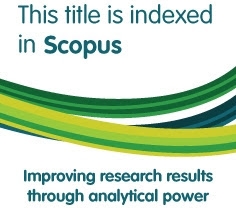A Javanese Response to Islamic Identity
Abstract
New Order government emphasized political stability for the sake of economic development. This is partly characterized by political expediency "floating mass" (floating mass), in which political parties are only allowed to have administrators at the district level, not up to the district level, let alone the countryside. The big change is the policy of depoliticization over the rural communities, and seems to affect the polarization of religious life in the countryside.
This paper attempts to explain how the impact of mass depoliticization of the polarization of religious life, santri-abangan, in the countryside. Then, if the dichotomous categories of students-abangan to understand religious life in Java still relevant.
Full Text:
PDFDOI: https://doi.org/10.15408/sdi.v1i2.861
Refbacks
- There are currently no refbacks.

All publication by Studia Islamika are licensed under a Creative Commons Attribution-NonCommercial 4.0 International License.
Studia Islamika, ISSN: 0215-0492, e-ISSN: 2355-6145
View My Stats
